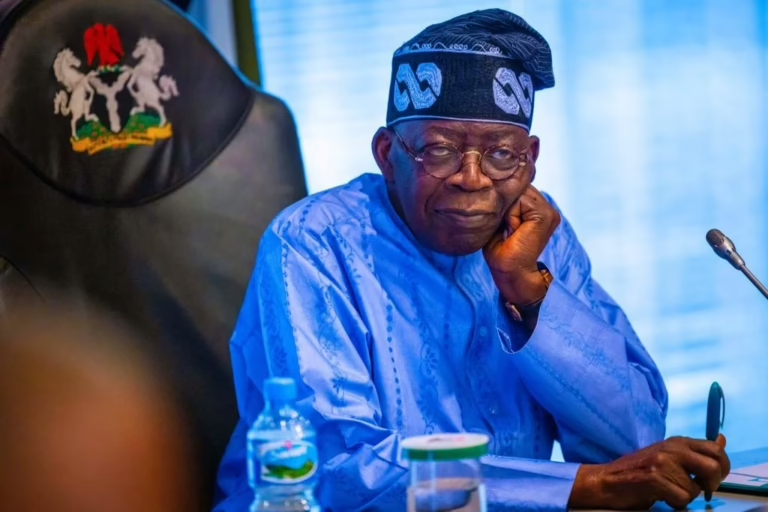Retired Major General Danjuma Ali-Keffi, who once led the Nigerian Army’s 1st Division, has urged the Federal Government to urgently declare a state of emergency to address the escalating security challenges plaguing the nation.
During an appearance on Arise News’ ‘Prime Time’ program on Wednesday evening, Ali-Keffi emphasized that the current security situation in Nigeria has surpassed the capacity of ordinary civil legislation to manage effectively.
“The northern regions – including the North-East, North-West, and North-Central zones – are deeply afflicted by violence and insecurity. With over two-thirds of the country engulfed in turmoil, why is there still hesitation to declare a state of emergency?” he questioned.
He drew comparisons with global conflicts to highlight Nigeria’s inadequate response to its security crisis.
“Consider the conflict in Ukraine. Only about 20% of its territory is under attack by Russian forces, yet Ukraine promptly declared a state of emergency. Why has Nigeria, facing a far more widespread crisis, delayed such a decisive step? The country has become a battleground, and this is deeply troubling,” he remarked.
Ali-Keffi also referenced Russia’s mobilization of troops during its conflict with Ukraine as an example of swift and resolute action in times of national emergency.
“Even a military powerhouse like Russia found it necessary to declare a state of emergency, which enabled it to escalate troop deployments to the extent of seeking support from North Korea,” he noted.
The retired general underscored the urgent need to revisit Nigeria’s constitutional provisions, arguing that the current legal framework is insufficient to combat an insurgency of this scale.
“Declaring a state of emergency is a complex process that may require constitutional amendments or reinterpretations. Conventional laws and standard procedures are inadequate for addressing such a severe insurgency. The military must be empowered, and certain constitutional safeguards may need to be temporarily suspended to effectively restore order,” he explained.
He further highlighted that such a declaration would necessitate significant changes in the country’s governance structure.
“It is unrealistic to expect normal civil governance to function seamlessly amid this crisis. Governors might need to relinquish some authority or be temporarily suspended, and the National Assembly’s activities may also require suspension. This approach mirrors what Israel implemented following the October 7 Hamas attack, where a state of emergency was declared to facilitate a robust military response in Gaza,” he added.
Regarding the ongoing discussions about negotiating with insurgents and bandits, Ali-Keffi firmly opposed government-initiated talks, viewing them as a sign of vulnerability.
“Who is initiating these dialogues? Is it from a position of strength by the military or government? Ideally, the bandits should be the ones seeking dialogue, not the government offering it. Initiating talks prematurely is akin to surrendering. While I do not condone the violence in Gaza, Hamas is the party requesting a ceasefire. Similarly, our security forces should deliver a decisive blow that compels insurgents to come to the negotiating table,” he asserted.

















